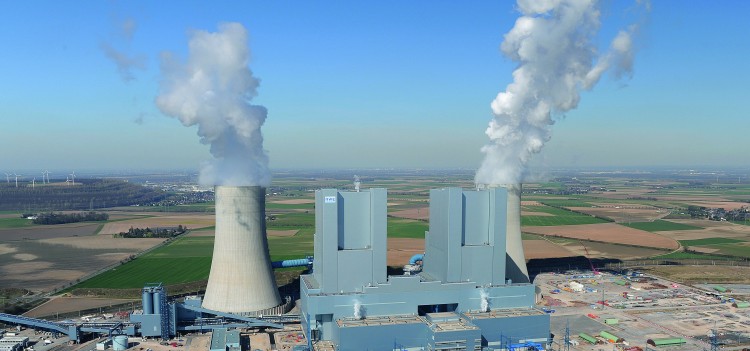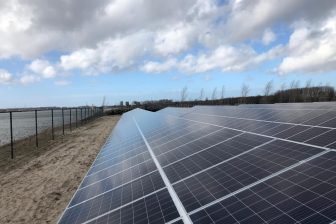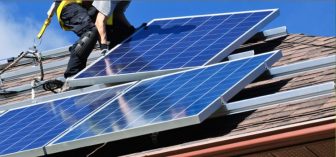Duits kolenplan voldoet mogelijk niet aan regels EU
 17 augustus 2015 – Duitsland wil energiebedrijven betalen om reservecapaciteit in kolencentrales in stand te houden. Dat mag mogelijk niet volgens Europese regels, zeggen experts.
17 augustus 2015 – Duitsland wil energiebedrijven betalen om reservecapaciteit in kolencentrales in stand te houden. Dat mag mogelijk niet volgens Europese regels, zeggen experts.
Duitsland wil een groot deel van haar kolencentrales sluiten om aan de emissiedoelstellingen voor 2020 te voldoen. De regering wil een reservecapaciteit in de kolencentrales in stand houden, voor als de hernieuwbare bronnen tijdelijk niet genoeg energie leveren.
Uit een bericht van EurActiv, gebaseerd op uitgelekte documenten
‘(…) The legal experts, who provide independent views on policies and other issues, concluded that the plans to shift about 2.7 gigawatts of power generation capacity into a reserve could be seen as a subsidy that would need approval from Brussels, according to the document. (…)
The economy ministry, currently drawing up a draft law, indicated it was not worried about any future examination by Brussels. “This is a normal process which we have successfully gone through in the past several times,” said a spokeswoman. (…)’
De Duitse overheid wilde eigenlijk een heffing op CO2-uitstoot voor de meest vervuilende en verouderde centrales. De industrie kwam daartegen in opstand, zo meldt EurActiv.
‘(…) But he faced a backlash from industry, with unions saying the plan could put up to 100,000 jobs at risk and lead to the decline of the mining and power generation industries. The utility companies have lobbied hard against the levy and demanded compensation for an alternative reserve option. (…)’
Paradoxaal genoeg is het gebruik van kolen door de Energiewende toegenomen.
Uit een bericht van Mining
‘(…) Germany has faced a backlash over its increasing use of coal despite its “energiewende” plan to transition to renewables. Under the plan’s so-called feed in tariff, utilities are required to buy electricity from green power producers at fixed prices, but utilities preferred cheaper coal plants when renewables failed to deliver. The increase in coal use was exacerbated by Chancellor Angela Merkel’s accelerated phase-out of nuclear power. The upshot is that in Germany, coal now accounts for about 45 percent of power generation. In 2012 and 2013, despite energiewende, emissions actually rose. (…)’
Bronnen
EurActiv, 13 augustus 2015: German coal reserve plan may break EU rules, experts say
EurActiv, 2 juli 2015: Germany to shut down coal-fired plants, extend power grid
Die Welt, 15 juli 2015: RWE muss wegen Klimaschutz 1000 Stellen abbauen
Mining, 16 augustus 2015: German coal protesters shut down lignite mine
Foto: RWE



